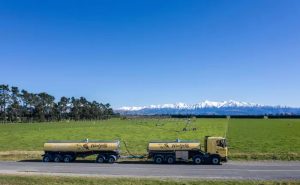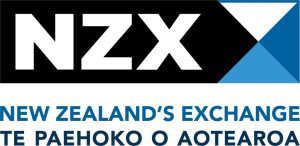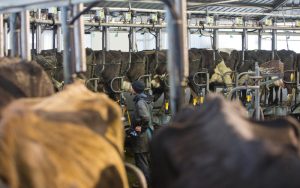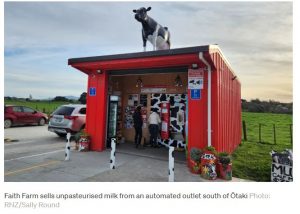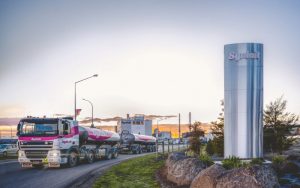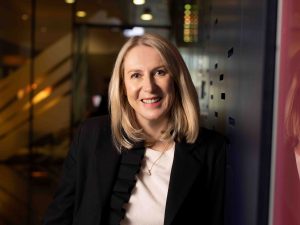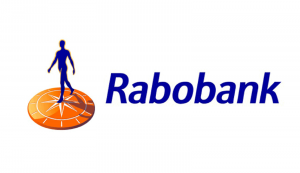
The price certainly looks attractive.
At $5.93, the shares are now worth less than half of what they were at the beginning of the year and that’s after tanking 20% in 2020. The dual-listed company now has a market capitalisation of $4.4 billion versus $10b in 2020.
So far, buyers aren’t out in droves. In fact, some continue to vote with their feet, with institutional investors like Goldman Sachs, BlackRock and UBS Group selling down their stakes in early December alone.
It’s been a rough ride and a fall from a significant height.
At the end of 2019, Bloomberg said a2 Milk was the best performing stock of the decade with a return of 16,150%.
Then covid-19 hit. While the company initially benefited from massive stockpiling in its key market of China, it didn’t last.
In the end, there was far too much aging inventory and the closed borders severely hampered its daigou or reseller channel. The result was four consecutive earning downgrades.
Shareholders aren’t impressed and the dairy company is now facing two separate class action suits in Australia, both alleging they were misled by the company’s inflated forecast of baby formula sales.
The company, meanwhile, is promising a turnaround, targeting sales of $2b over the next five years and improving margins. Revenue hit $1.2b, down 30%, in the 12 months to June 30.
Everything, however, hinges on China, which drives more than half of its sales.
A2 says “while we would, of course, like to have greater diversification in our markets over time, the reality is that the size of the opportunity we have in China is substantially greater than other options”.
Its revamped strategy is aimed at capturing that opportunity and includes increased brand investment and a reorganised Asia-Pac division.
Øyvinn Rimer, director, senior research analyst, says that while China is “magnificently important” there are many challenges.
Among other things, he pointed to a falling birth rate in China, down 15% in 2020.
“When the birth rates were growing as nicely as it was, it was much easier for all the brands to take market share and they didn’t have to step so much on each other’s toes. Whereas now, the battle is intensifying,” Rimer says.
The result is pricing tensions, with a squeeze on margins and pressure to spend more on advertising and distributing.
He says the company is also working hard to take steps like addressing excess inventory, but it doesn’t know yet how it is going to look in six to 12 months.
As investors, he says, “it’s about watching the data from here on in and see if they are starting to improve”.
The market may be expecting a bit of improvement this year, but he says they’d only believe that once they saw data.
He said a2 Milk is definitely giving it the best shot they can and from “now on, it’s about putting runs on the board”.
Bell Potter analyst Jonathan Snape was more upbeat. He rates the stock at a ‘buy’ and he’s on board with a2 Milk’s targets. He has a 12-month target price of A$7.70, some 41% higher than the closing price on December 31.
“We see the scope for the earnings per share to double by FY26 if a2 Milk can execute on the China offline expansion strategy, while recovering 50% of the lost sales (from FY20-21) in the English label IMF,” Snape says.
“We do not see the current share price as reflecting this potential.”
China infant formula market expert Jane Li isn’t convinced.
“I do not know quite where their optimism comes from, when generally no one is optimistic about the infant formula industry in China anymore,” Li says.
She says with an increased marketing budget they might see an uptick in sales of their China label formula, “but remember that is off a fairly low base”.
“Overall, I think a2 Milk will struggle to achieve a positive return on investment from increased sales and marketing budget against aggressive competitors with deeper pockets in China,” she says.
She also noted that the company’s proposition is based solely on the idea of the alternative A2 milk.
“For Chinese consumers, this trend is also past its peak. And one feature of the China market is that once a trend has moved on, it never comes back.”




